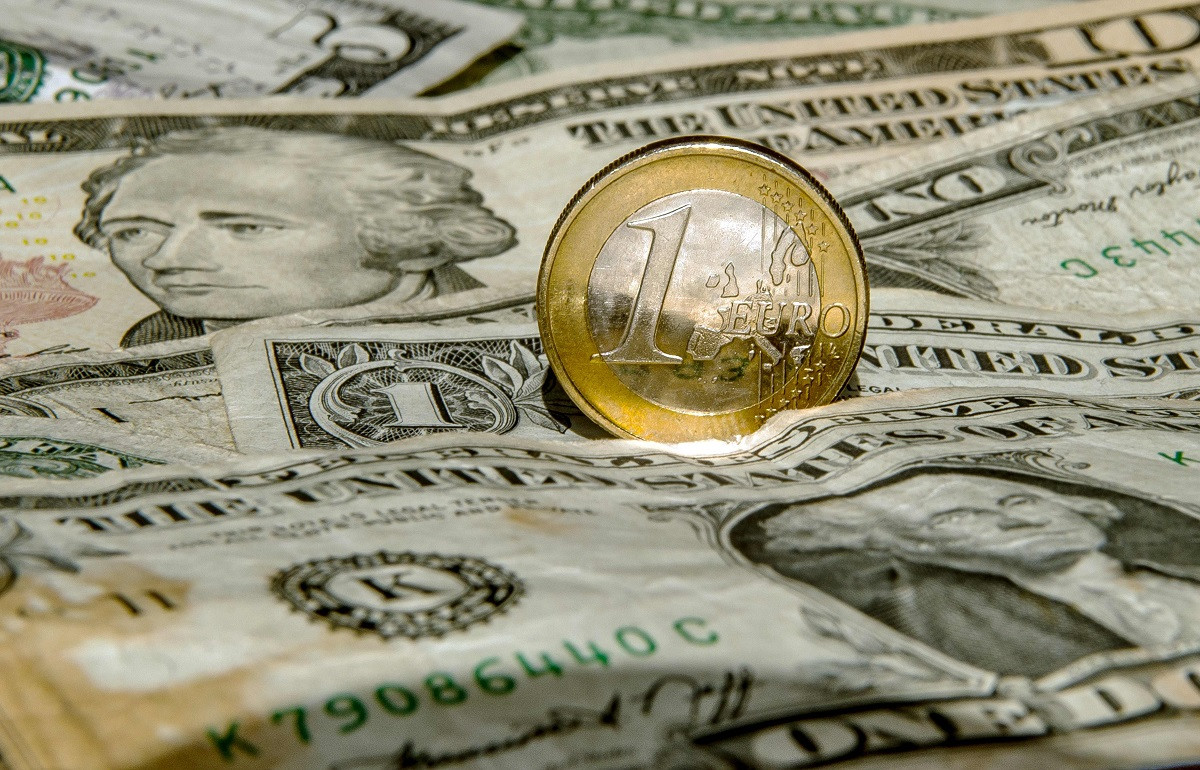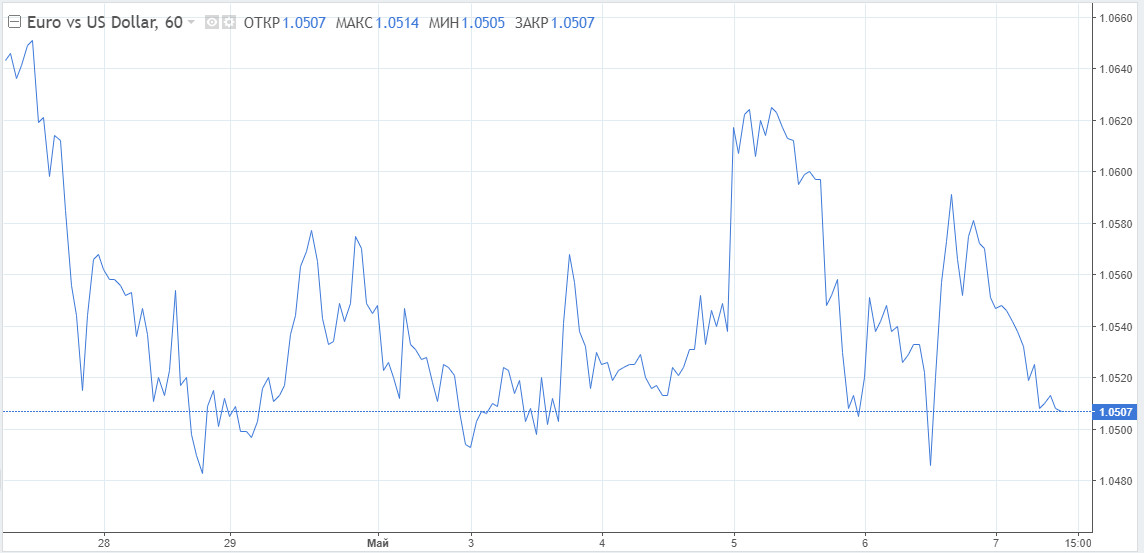
The European Central Bank has hinted at possibly rising the interest rate in July to tackle high inflation, similar to the BoE and the Fed. Would the European regulator really begin monetary tightening, or is it just empty rethoric by die-hard doves?
The ECB's chief economist Philip Lane and member of the ECB Executive Board Fabio Panetta signalled that they would reconsider their ultra-dovish stance amid high inflation, which reached 7.5% in April. The EU regulator could in fact answer calls for an interest rate hike in the next few from the hawks on the Executive Board.
Last week, Philip Lane, a dovish ECB policymaker, stated that the central bank would increase the rate at some point in the future. "I think it's clear that at some point we're going to be moving rates, not just once, but over time, in a sequence," Lane said.
Anxiety over soaring inflation in the eurozone has changed the mood among ECB policymakers. The European Central Bank's vice president Luis de Guindos and executive board member Isabel Schnabel are now open to a series of rate hikes in July. Many economists are now expecting the ECB to increase the deposit rate by 0.25% to -0.25% at its July meeting.
While these comments do not confirm a mid-summer interest rate increase, they clearly indicate a shift in the ECB. The doves are losing ground - more centrist members of the ECB's governing council, which includes eurozone national central bank chiefs as well as executive board members, are now backing the July hike.
Austria's hawkish central bank chief Robert Holzmann expects the EU regulator to raise rates at the June policy meeting.
"I think it would be justified to increase the deposit rate by 0.25 percentage points in July and to zero when autumn comes," the governor of the central bank of Finland Olli Rehn said.
According to Rehn, the ECB should press ahead with tightening policy despite the risk of a recession next year. He stated that the EU regulator should not delay the normalization of monetary policy, as soaring inflation would sooner or later eventually force the ECB to hike interest rates.
Some economists are wary that the regulator could begin tightening monetary policy on the cusp of a recession. The central bank raised rates in 2011, when the region's debt crisis started.
Inflation or rising US dollar? What worries ECB more?
Last week, the US dollar reached the 20-year high against major currencies as traders reacted to Fed attempts to ease inflationary pressures in the country.
In a different situation, central banks around the world would have welcomed a stronger USD. At this point, a rising US dollar is putting additional pressure on developed nations, which cannot go in step with the Federal Reserve.
Weaker currencies boost inflation at home, increasing the price of imported goods and services. National banks of major economies would have to increase the interest rate by about 0.1% to offset some of the losses, Goldman Sachs analysts said. An era of "reverse currency wars" could be on the horizon.
In late April, EUR/USD fell to a 5-year low and dropped below 1.0500. The drop immediately sparked speculation in the market about a possible parity between the euro and the dollar. In terms of monetary policy, the ECB is lagging behind other central banks. The ECB is considering monetary tightening only now, as the fallout from the situation in Ukraine is holding back the EU economy.
Isabel Schabel, an influential member of the ECB's governing council, has recently stated that the regulator is closely monitoring the inflationary effects caused by falling EUR. Furthermore, she once again repeated that the central bank does not target the exchange rate.
The ECB is strongly lagging behind the Fed, and it would be very difficult for the EU regulator to catch up. How could a possible July rate hike affect the euro?
EUR could recover somewhat, but surpassing the US dollar could be practically impossible.
Last week, the pound sterling fell to a 2-year low, despite a fourth consecutive interest rate increase by the Bank of England. With recession looming on the horizon next year, GBP could struggle to stay afloat. EUR is a similar position, and the ECB has not even begun to increase interest rates.
On Monday, EUR/USD has been largely on the downward trend. However, the pair began to slow down near the strong support level of 1.0492. Sell signals for the pair remain strong. A breakout below 1.0492 would open the way towards 1.0430 and 1.0375 for EUR/USD.
If bullish traders take the initiative, 1.05685 and 1.05995 would become their targets.






















